Keywords: Banat; prerogatives; military; diplomatic attributions; religious affairs
In this article, we try to investigate and explain the connection between the Banat og Lugoj-Caransebes and the central institution in Transylvania, during the XVIth and XVIIth centuries. In the Principality of Transylvania, the banat of Lugoj and Caransebes was a member of the council of the prince, as second to the grand captain of Oradea. The most important prerogatives of the bans of Lugoj and Cransebes are the military ones, as they also had other important military posistions in the Principality. They had diplomatic atributions as messengers and negotiators in the relations with the Ottoman Empire or in the relations with Walachia and Moldavia. They were the presidents of the nobility’s assenblies from the Banat of Lugoj and Cransebes or of two districts. The documents mention the „chair of judgement” of the ban, which had competency regarding property, succession, confiscation or distraint of estates for political reasons, in case of betrayal. They have also participated to the religious affairs, encouraging Calvinsm and the translation of some religious books into Romanian.
More...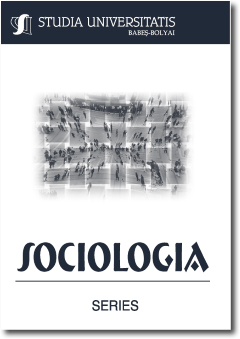
Trademark of cultural anthropology, ethnographic fieldwork has enduringly stayed at the centre of the discipline as method of research. It is defined by long-term involvement with a community in a particular setting, entering its everyday life and learning its ways. This mode of data collection makes the researcher its main instrument, her body and mind the site where the object of research takes form through subjective interaction between two different cultures. Understanding and portraying an “other” requires building spaces of liminality that position both the anthropologist and her subjects outside the grip of the taken-for- granted of their social worlds. That fieldwork is more than a method of data collection and engenders huge ontological and epistemological consequences is the task of this methodological forum to take on to show.
More...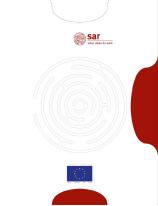
Keywords: differential object marking; determined reference; stability of reference; animacy
This paper proposes an analysis of Differential Object Marking in present-day Romanian along the lines of the DRT framework put forth by Kamp and Reyle (1993) and developed by Farkas and de Swart (2001), Farkas (2002), and Farkas and von Heusinger (2003). We provide an answer to the question as to what exactly (i.e. what semantic parameter) is responsible for Differential Object Marking in Romanian. A relevant answer seems to be the notion of “determined reference” which points to the stability of value given to a variable across verifying assignment functions – the narrower the allowed variation, the more stable the expression is. It seems, however, that other factors such as “animacy” or “the intention of the speaker” also need to be taken into account.
More...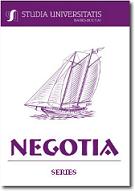
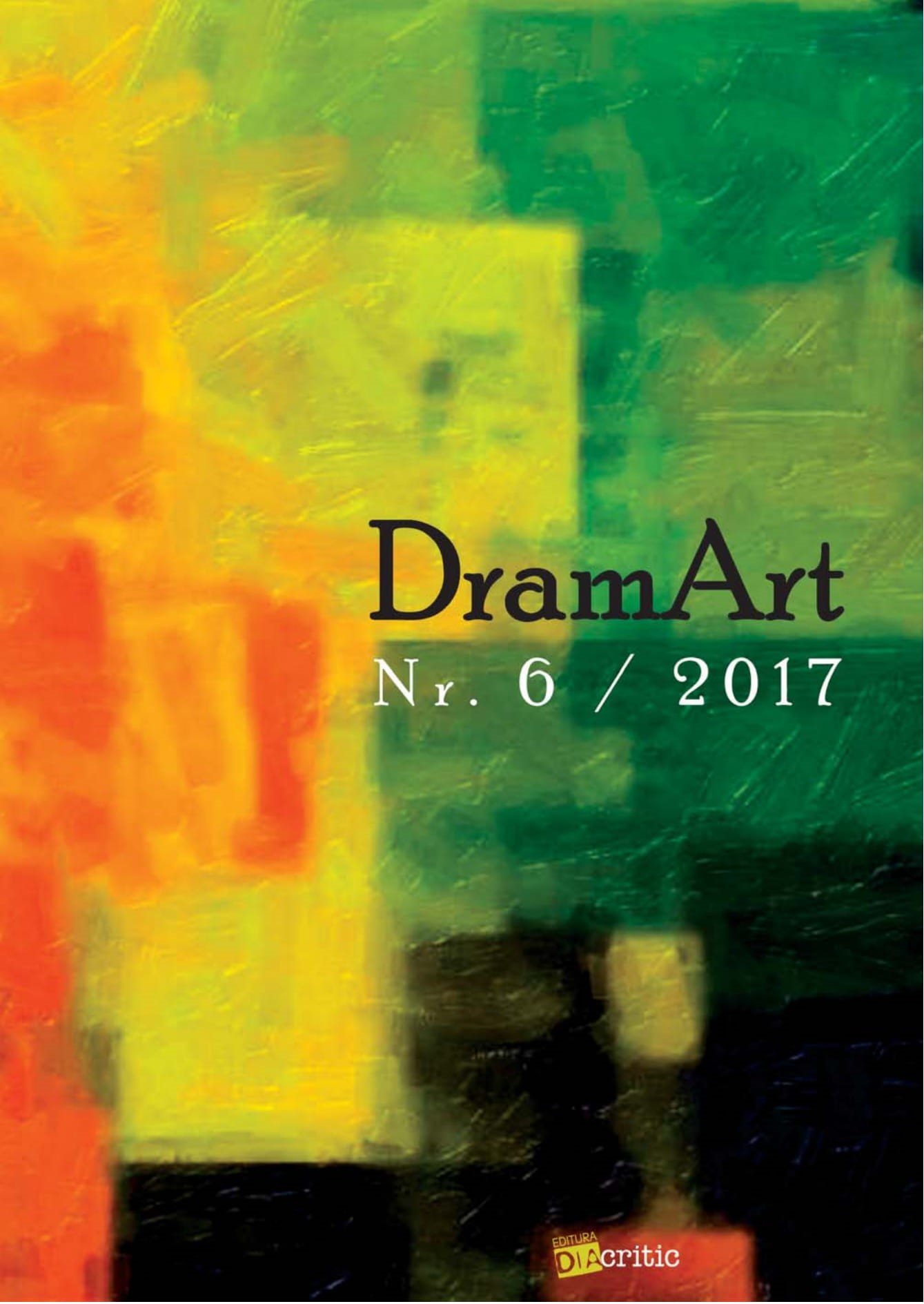
Keywords: Alina Nelega; Alina Mungiu-Pippidi; Gianina Cărbunariu; dramaturgic creation.
What I have called political vector in theatre creation actually represents the way of being of three feminine cultural personalities in Romania. Manifesting their writing as vocation, they represent in themselves three political projects. For Alina Nelega, to be political means to write well, to plant a cultural model of magnitude she has brought with herself from all the experience of theoretical education in order to cultivate it and to wait for it to bear fruit. I think that the capacity of Alina Nelega to still be able to build continues to surprise. She does it with a type of energy which is not typical of the country we live in, where accomplishments are heavy in the line of socialist, Securitate, or lodge thought.Secondly, Alina Mungiu Pippidi, a political mind associated with journalistic observation, intelligent and competitive nature, with a fundamental need for expression, to write for the social good. Her dream is to reform post-communist
More...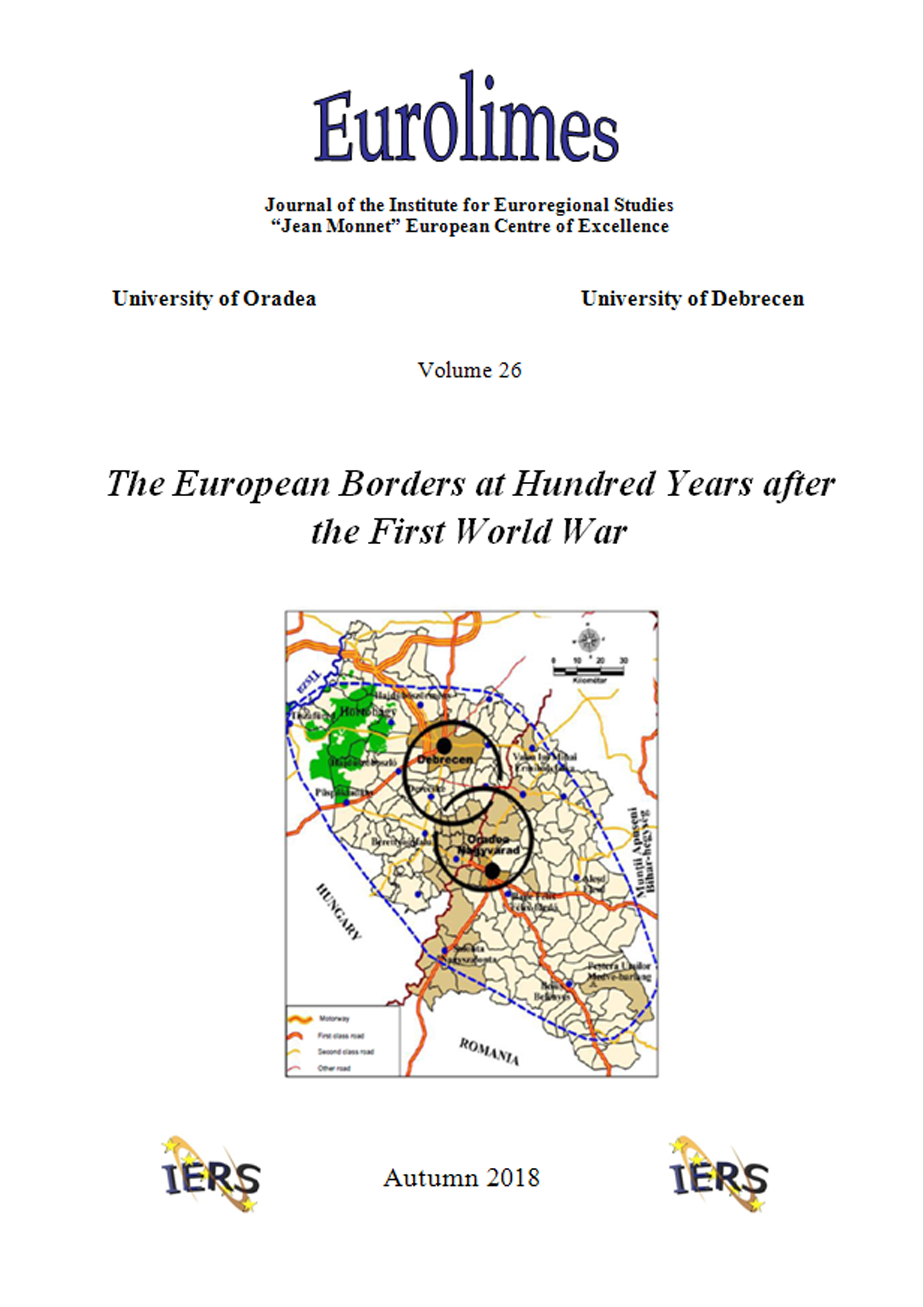
Keywords: Europe; history; XX Century; European order; World War I; Romania; postwar change; Paris Treaties; Central and Eastern European countries;
Book review of: Ioan Horga and Alina Stoica. Europe a Century after the end of the First World War (1918–2018). Bucureşti: Editura Academiei Române, 2018. ISBN 978-973-27-3010-2.
More...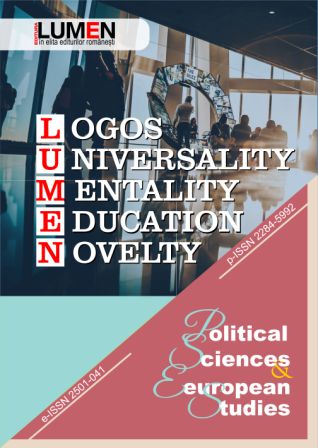
Keywords: Social work; charity; publicity by media coverage;
In the present article there is a short presentation of the historical backdrop of the social partner calling globally and in our nation. Accentuation is set on network social help and the improvement of this arrangement of social assurance in the interwar period, the socialist time frame, and after the upheaval of December 1989. The phases of the improvement of the advanced education of social help with the area of Arad after the unrest are stamped. The paper presents the cause exercises completed by understudies at the UAV Arad under the direction of their educators and the media inclusion of these activities (by press and TV). Media inclusion has prompted a superior information on the calling and an expansion in the quantity of understudies who wish to take up this calling.
More...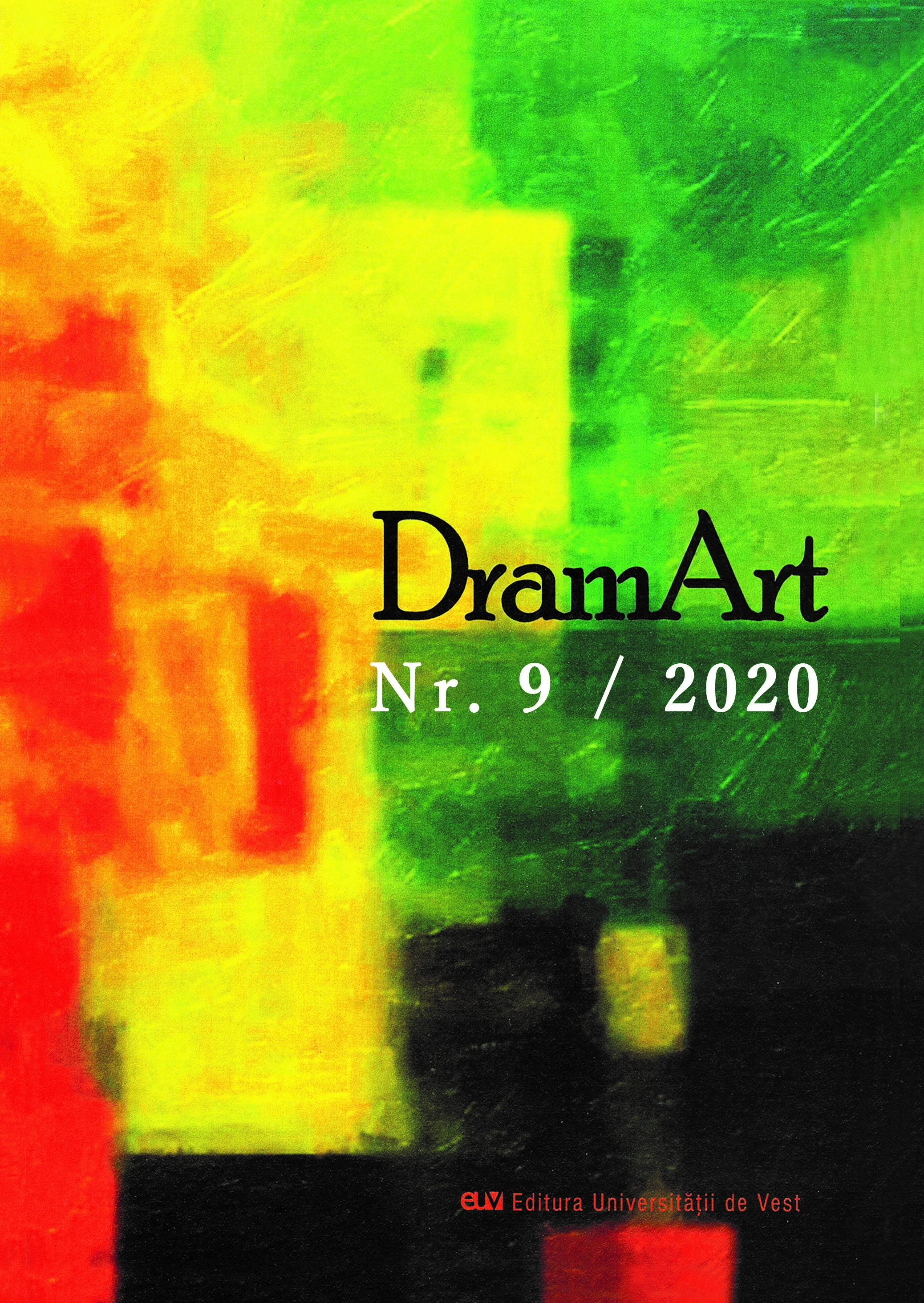
Keywords: International Theatre Festival from Sibiu; theatre; contemporay dramaturgy; actual Romanian dramaturgy;
The review describes the publication of Alina Mazilu concerning the role of the International Theatre Festival from Sibiu in promoting the contemporary dramaturgy.
More...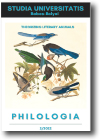
Keywords: David Foenkinos; Interview;
David Foenkinos, romancier, dramaturge, scénariste et réalisateur français est considéré comme un des auteurs importants de notre époque en nombre de ventes. Le roman La Délicatesse (2009) représente le véritable tournant de sa carrière, grâce aussi à l’adaptation, réalisée en 2011 par David Foenkinos lui-même en collaboration avec son frère Stéphane Foenkinos et aux interprétations offertes par Audrey Tautou et François Damiens. De même, les biographies faites par l’auteur montrent son éclectisme : Lennon (2010) sur le musicien John Lennon, Charlotte (2014) sur la femme peintre Charlotte Salomon et Numéro Deux (2022) rappelant le casting de Harry Potter, fascinent le lecteur par le jeu permanent entre la réalité et la fiction.
More...